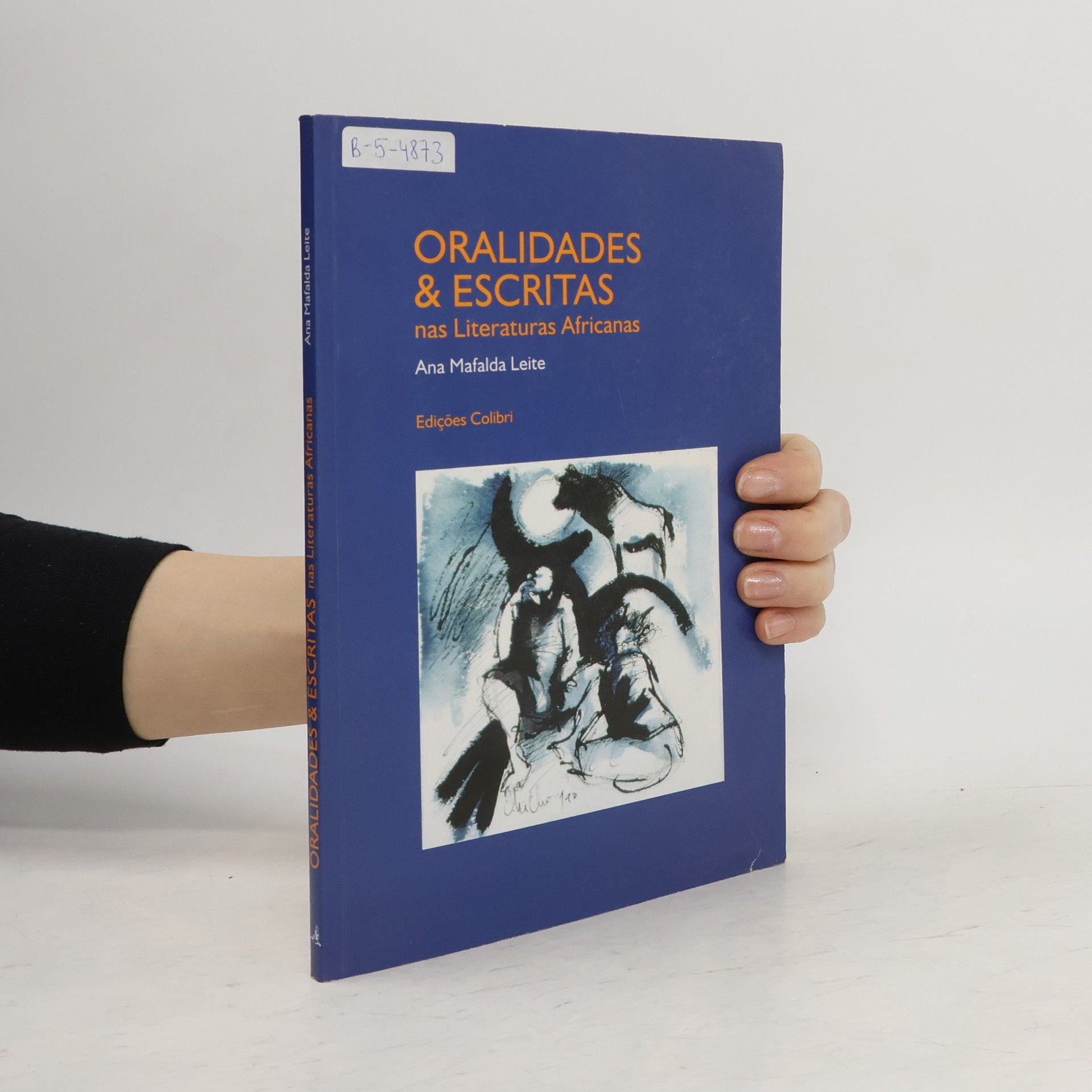Este ensaio aborda a importância da oralidade para o estudo das línguas africanas e o enquadramento das de língua portuguesa no seu relacionamento específico com as oralidades. Num segundo momento procura-se estabelecer os elos da oralidade com as escrita
Ana Mafalda Leite Libros
Esta autora es una aclamada poeta, ensayista y docente portuguesa con más de tres décadas de creación literaria. Su obra poética se distingue por una profunda exploración de las tradiciones literarias de las regiones africanas y brasileñas de lengua portuguesa, un enfoque que también se manifiesta en su investigación académica y su propia escritura. A través de sus poemas y ensayos, contribuye a la reflexión sobre la literatura y la cultura de los países de habla portuguesa. Sus escritos ofrecen una valiosa perspectiva del panorama literario contemporáneo.

